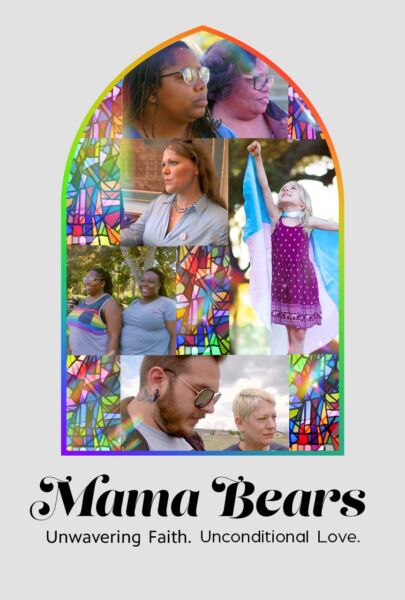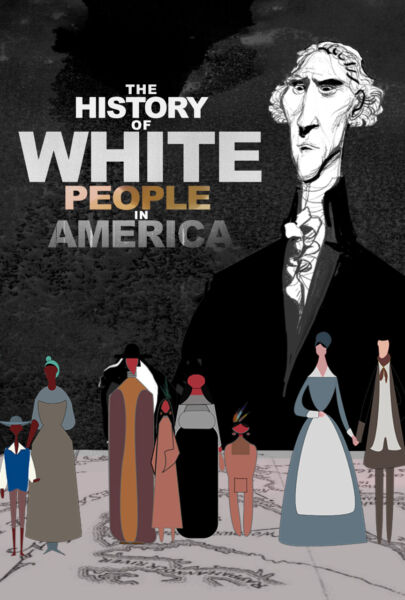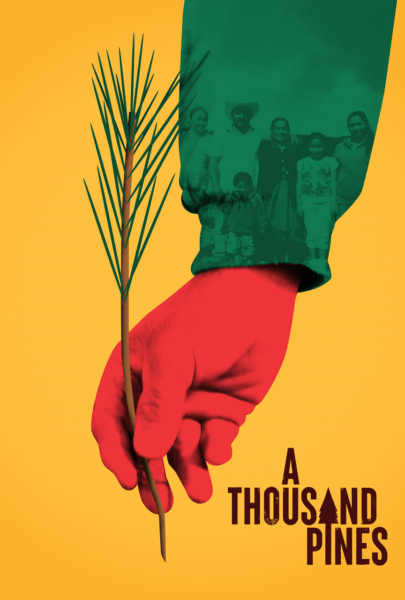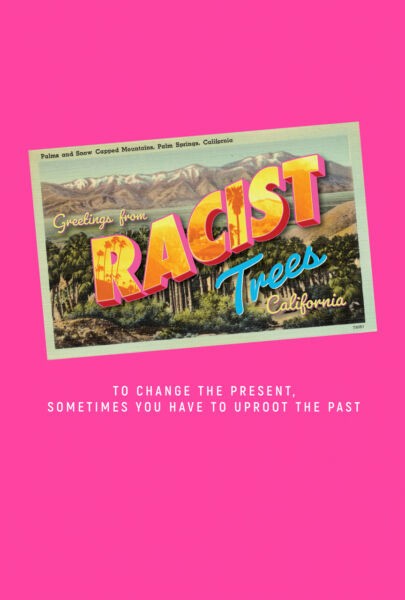Taking Root: The Vision of Wangari Maathai
About the Documentary
Three decades ago, Wangari Maathai suggested to rural women in her native Kenya that they plant trees for firewood and to stop soil erosion — an act that grew into a nationwide movement to safeguard the environment, defend human rights, and fight government injustice. The tree-planting groups that formed gave the women a reason to come together and become involved in resolving their communities’ challenges. Taking Root: The Vision of Wangari Maathai tells the story of Kenya’s Green Belt Movement and follows Maathai, the movement’s founder and the first environmentalist and African woman to win the Nobel Prize. Maathai discovered her life’s work by reconnecting with the rural women with whom she had grown up. They told her they were walking long distances for firewood, and that clean water was scarce. The soil was disappearing from their fields, and their children were suffering from malnutrition. “Well, why not plant trees?” she suggested. Maathai soon discovered that tree planting had a ripple effect of empowering change. In the mid-1980s, Kenya was ruled by the repressive regime of Daniel arap Moi, whose dictatorship outlawed group gatherings and the right of association. In tending their nurseries, women had a legitimate reason to gather outside their homes and discuss the roots of their problems. They soon found themselves working against deforestation, poverty, ignorance, embedded economic interests, and government corruption; they became a national political force that helped to bring down the country’s 24-year dictatorship. Using archival footage and first-person accounts, the film documents dramatic political confrontations of 1980s and 1990s Kenya and captures Maathai’s infectious determination and unwavering courage through in-depth conversations with the film’s subjects.





























